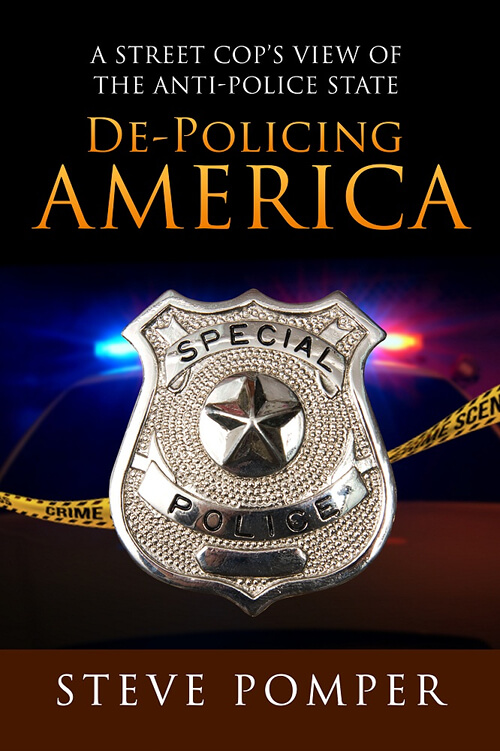If you’ve visited this site in the past, you’ve likely encountered stories about social justice and its definitions. Now, I’m not going to argue that social justice isn’t hard to define; it is and has been for well over a century. It is a dangerous phrase because its component words sound so nice—social and justice—and, it can be defined differently for different people. These days, apparently on both sides of the political aisle, the definition seems to point toward assisting those members of racial, ethnic, socioeconomic and cultural groups that have suffered past governmental abuses. However, agreeing on a quasi-definition does not mean they agree on social justice’s intent when pursued by government or academia. When this path is trod by churches and community groups, it might be laudable. In fact, it was a Catholic priest who coined the phrase in the 19th Century. When government engages in it, it is simply wrong and contrary to the American ideal of equality.
However, social justice, the treating of one group differently than another group, would so blatantly appear to violate the constitutional guarantee of equal justice found several places in the U.S. Constitution, not the least of which, in the 14th Amendment’s, equal protection clause. The eminent scholar Thomas Sowell extrapolates social justice out to “Cosmic Justice.”
Having so prefaced, the definition of social justice, especially when crafted by academia and government, is of high consequence. Some of you may know that I returned to school to pursue my English language and literature degree about two and a half years ago. I can now see the light at the end of the tunnel. I found that I still had several electives to fill, so I enrolled in Criminal Justice 101. Why would a recently retired police officer take an introductory course like this after nearly 22 years of service? Since I still write about police issues, including political interference in law enforcement, I wanted to compare what I was taught with what new students are learning today.
Lo and behold, the definition of social justice stands out like a beacon of liberalism beaming up from the page. Consider the following from the textbook:
Chp. 1, P. 8: “Social justice is a concept that embraces all aspects of civilized life. It is linked to notions of fairness and to cultural beliefs about right and wrong.”
Chp. 1, P. 8: “Criminal justice, on the other hand, refers to the aspects of social justice that concern violations of the criminal law.”
I have to ask: When did we come to a consensus well developed enough to have this politically partisan definition make it into an academic textbook? At least half of the American population would scoff at this definition of social justice as presented without the larger context. Social justice is a highly charged political term. And, since when has criminal justice been reduced to a component part of social justice?
I’m not saying that taken in a vacuum, this definition can’t be technically correct. However, without being placed within its controversial, political context, it could lull a student into perceiving the term as a solely and exclusively positive one.
Over these recent years in school, as an adult learner, one who has now completed a professional career, I find more than just disagreement with such academic abuses. I find these incidents to be significant distractions and impediments to learning. When I first read the above quotes about social justice, I thought my head was going to explode. I know that the above are not commonly accepted definitions of social justice by any objective cross-section of society. They are simply the opinion of one liberal segment of society.
I worry about the younger, or less life-experienced, students who absorb anything their professors say. I’m not casting aspersions on the professors, per se. They rarely have influence over a textbook and sometimes even the syllabus of a class. Although, any professor who doesn’t provide a balancing caveat regarding the controversial role of social justice in America’s political debate, when teaching criminal justice, is either ignorant (as a fact, not a disparagement) or disingenuous (as a disparagement).




0 Comments